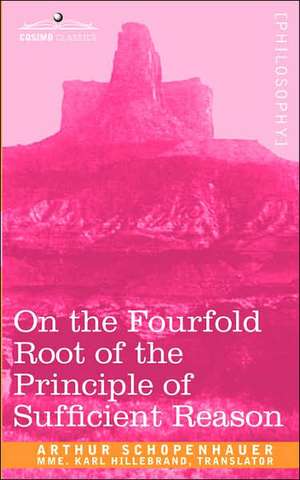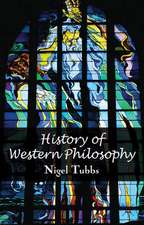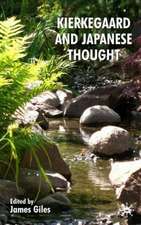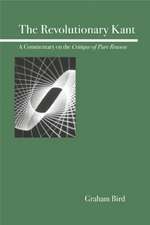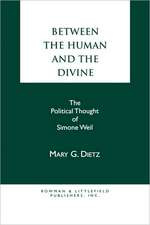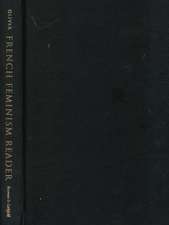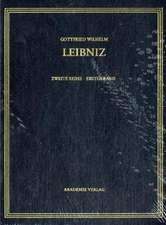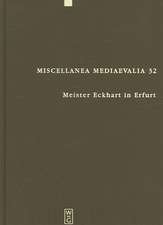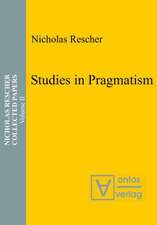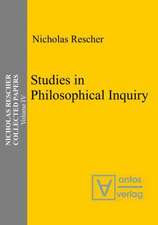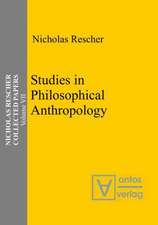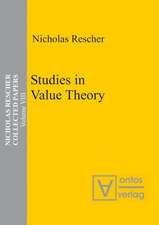On the Fourfold Root of the Principle of Sufficient Reason: Cosimo Classics
Autor Arthur Schopenhaueren Limba Engleză Paperback – 14 apr 2007
| Toate formatele și edițiile | Preț | Express |
|---|---|---|
| Paperback (2) | 119.16 lei 43-57 zile | |
| COSIMO CLASSICS – 14 apr 2007 | 119.16 lei 43-57 zile | |
| Open Court Publishing Company – 31 aug 2003 | 201.95 lei 43-57 zile | |
| Hardback (1) | 219.48 lei 43-57 zile | |
| COSIMO CLASSICS – 17 iul 2019 | 219.48 lei 43-57 zile |
Din seria Cosimo Classics
-
 Preț: 155.51 lei
Preț: 155.51 lei -
 Preț: 140.84 lei
Preț: 140.84 lei -
 Preț: 188.28 lei
Preț: 188.28 lei -
 Preț: 180.83 lei
Preț: 180.83 lei -
 Preț: 175.99 lei
Preț: 175.99 lei -
 Preț: 83.97 lei
Preț: 83.97 lei -
 Preț: 128.12 lei
Preț: 128.12 lei -
 Preț: 117.74 lei
Preț: 117.74 lei -
 Preț: 184.26 lei
Preț: 184.26 lei -
 Preț: 114.54 lei
Preț: 114.54 lei -
 Preț: 224.33 lei
Preț: 224.33 lei -
 Preț: 143.30 lei
Preț: 143.30 lei -
 Preț: 134.76 lei
Preț: 134.76 lei -
 Preț: 141.98 lei
Preț: 141.98 lei -
 Preț: 134.94 lei
Preț: 134.94 lei -
 Preț: 109.57 lei
Preț: 109.57 lei -
 Preț: 118.46 lei
Preț: 118.46 lei -
 Preț: 104.16 lei
Preț: 104.16 lei
Preț: 119.16 lei
Nou
Puncte Express: 179
Preț estimativ în valută:
22.80€ • 23.87$ • 18.87£
22.80€ • 23.87$ • 18.87£
Carte tipărită la comandă
Livrare economică 07-21 aprilie
Preluare comenzi: 021 569.72.76
Specificații
ISBN-13: 9781602063587
ISBN-10: 1602063583
Pagini: 412
Dimensiuni: 127 x 203 x 23 mm
Greutate: 0.45 kg
Editura: COSIMO CLASSICS
Seria Cosimo Classics
Locul publicării:United States
ISBN-10: 1602063583
Pagini: 412
Dimensiuni: 127 x 203 x 23 mm
Greutate: 0.45 kg
Editura: COSIMO CLASSICS
Seria Cosimo Classics
Locul publicării:United States
Notă biografică
The writings of German philosopher ARTHUR SCHOPENHAUER (1788-1860) were a profound influence on art and aesthetics, music and literature in the 19th century. Among his many writings are *On the Fourfold Root of the Principle of Sufficient Reason* (1847) and *The World as Will and Idea* (1819), considered his masterpiece.
Descriere
Descriere de la o altă ediție sau format:
"Schopenhauer's analyses of causation and related concepts . . . rival and probably surpass in their depth and brilliance the more celebrated discussions of David Hume. Where Hume grossly oversimplified these problems and left them riddled with paradoxes, Schopenhauer disentangled them and shed light on what had seemed hopelessly dark." —Richard Taylor, University of Rochester
